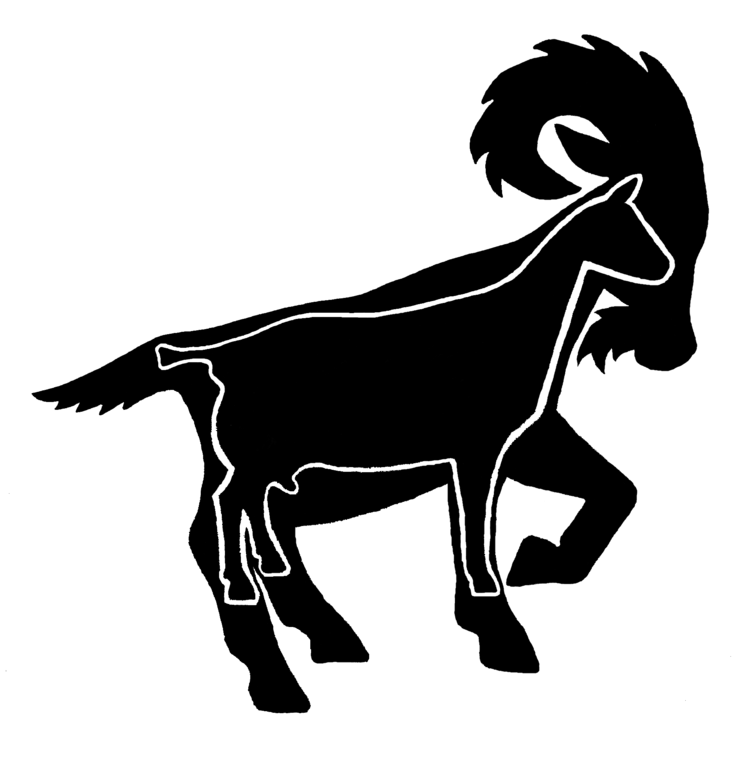DISEASE TESTING
The vacuum was lost on this tube prior to testing so results may not be reliable - a new sample was drawn
While the accuracy of disease testing can be disputed, I choose to test for caprine arthritis encephalitis (CAE) and Johne's disease. I did purchase a bottle buck who ended up testing positive for CAE at a year old (and again at a year and a half old) despite being 'raised on CAE prevention'. I feel testing gives me a tool to potentially identify an issue before it spreads to too many animals. (In the case of a buck there is very little chance of CAE transmission, however, he was euthanized after linear appraisal as he would have been 'breeding down' my does conformation-wise). I rarely pull a 'whole herd' test but I test all does prior to kidding and test all new stock (typically in quarantine until I have a few others to test), so pretty much everyone gets tested at least every 2 years anyway. I will not and do not test any animals under a year old. It is a probable waste of money that often results in false positives, causing much stress for no reason. If you dispute this, please speak with a consulting microbiologist at any of the major labs. If you are adamant that I test a young animal, I simply will not sell to you. In my opinion, and confirmed by my wonderful veterinarian, when buying young animals, it is best to utilize the dam's test results and possibly the rest of the herd if milk is pooled and not pasteurized.
Please do your research when it comes to disease. Below are some great links for accurate information. Believe it or not, Facebook groups and forums do not always contain valid information. Most diseases do not transmit as easily as some folks would lead you to believe. For example, it would be unlikely for CAE to be transmitted via an avenue other than milk. This means, a CAE positive animal is only likely to transmit CAE to her kids (via milk). Blood-borne transmission is possible, which could potentially come into play during extreme fighting (bloody heads). There have been no known cases of CAE being sexually transmitted. As far Johne's, once again dam to kid transmission is the most likely. Kids are thought to be infected in-utero in addition to transmission via milk (since current test capabilities don't identify a positive animal until a certain point of disease progression, typically at 2-4 years of age, this is one reason I DO NOT pool milk). An animal UNDER 6 MONTHS of age can also acquire Johne's by consuming contaminated fecal matter from an ACTIVELY SHEDDING animal - key points being under 6 months and actively shedding. Of course, anything is possible, just unlikely. As for Caseous Lymphadenitis (CL), I have tested in the past with all negative results. I occasionally test a random sampling (usually whoever is standing close and easy to catch or someone I have plans to sell) when testing new to me animals. I have never had a suspicious abscess in my herd and confident that all my animals are negative. The accuracy of CL testing is disputed (often false negative unless testing actual abscess material) and influenced by vaccination (I do not vaccinate for CL) and while the test is fairly inexpensive, it adds up if you are testing 30+ goats a year.
If you are interested in an animal and would like additional tests run, I invite you to my farm to witness me pull the blood (the only way you can actually be certain my results aren't lies anyway) and you may take the vial to send off to the lab of your choice and run whatever tests you would like.
Diseases are not a dirty little secret. Disease should be openly discussed so it can be best prevented, controlled, and managed (if necessary). I strive to do my best to evaluate my herd while acting in a REASONABLE manner that is supported by GOOD science.
You can find my most recent (& past) test results below:
Johne’s - 1/14/20
Links for accurate disease information
ACCURATE info on Johne's via the University of Wisconsin - School of Veterinary Medicine: https://johnes.org
ACCURATE info on CAE via United States Department of Agriculture - Animal and Plant Health Inspection Service: click here for pdf
ACCURATE info on CL from the Merck Veterinary Manual: click here

